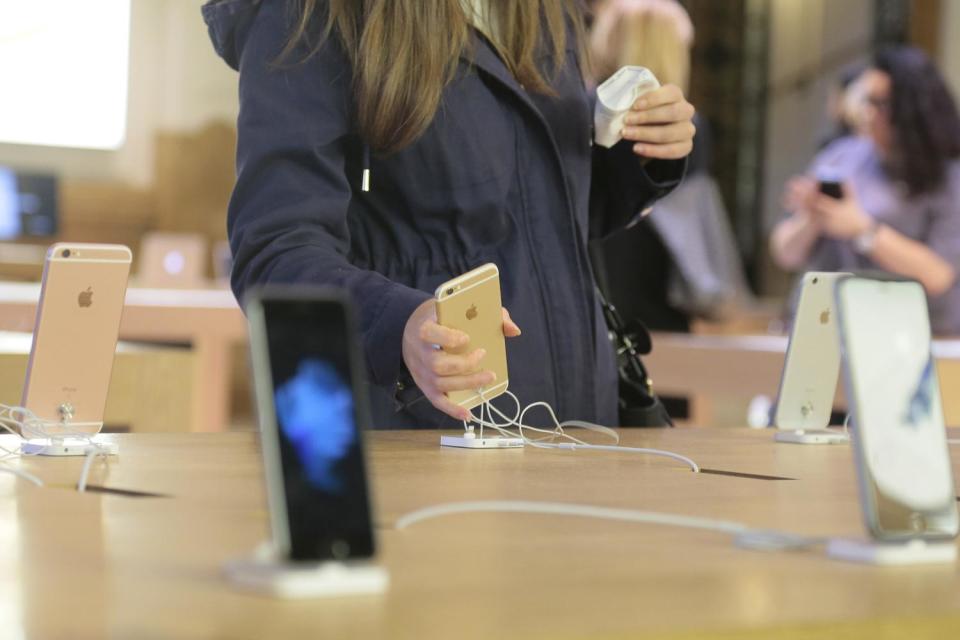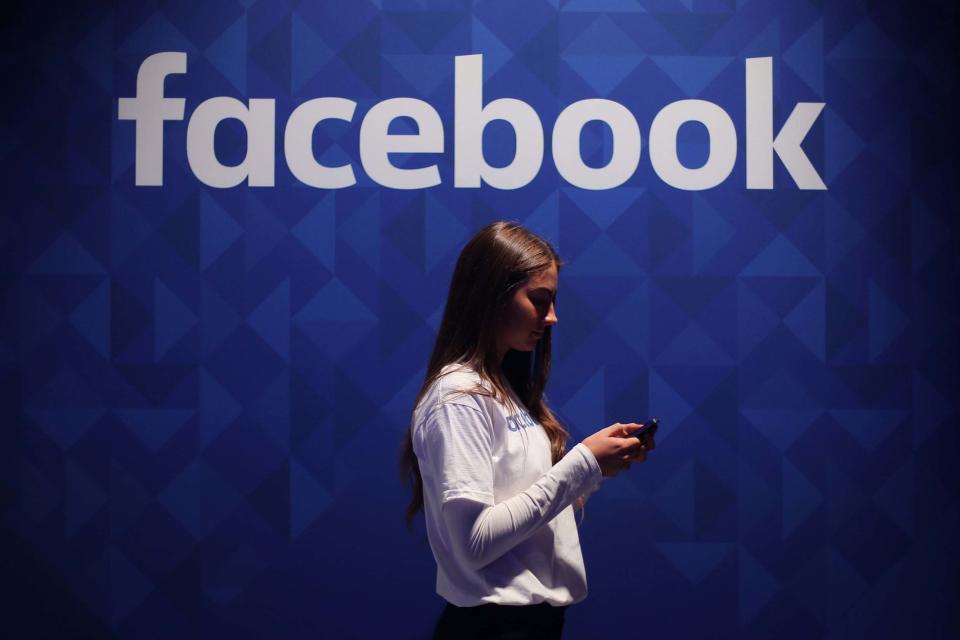Girlguides back proposed law to tackle 'warped beauty ideals' online by forcing influencers to label altered photos

Young Girlguiding representatives have backed a proposed new law that would force influencers and companies to declare the use of edits and appearance-altering filters on images shared on social media.
The Bill, set to be put before Parliament on September 15, has been drawn up by Conservative MP Dr Luke Evans, who is also a GP.
Dr Evans, a member of the Health and Social Care Committee, has said he was motivated by his experiences as an NHS doctor. The MP said that edited photos on social media appeared to be “fuelling a psychological well-being disaster” among young people by creating a “warped view” of beauty.
The proposed law was welcomed this week by the Girlguiding Advocate panel - a body made up of young members of the centuries-old charity aged 14 to 25.
Speaking on behalf of the panel, one 15-year-old member told the BBC: “The ‘perfect’ images girls are encountering in their daily lives are having a devastating impact on self-esteem and confidence.

“These enhanced images create a false society where how girls look is perceived to be the most important aspect about them.”
The panel said it was also motivated to back the Bill by its own research, which had recently suggested around half of girls and women aged between 11 and 21 regularly use apps or filters to alter the way they look in images they then post on social media.
Dr Evans, who plans to hold talks with major social media companies over the issue, said: “We know how damaging this is, as you’re warping people’s perspective of reality, whether that’s slimming down for women or bulking up for men.”
The Bill has already received high-profile support.
Ulrika Jonsson told The Sun she believes her children are being drawn into “a false world of perfection” online. She said: “As a mother, I'm deeply worried.”
If the Bill passes later this month, it has the potential to be incorporated into existing legislation, or to be debated in the Commons.
Under current proposals, those breaking the new law would have to issue an apology and a correction, or face a fine.
Similar legislation already exists in France, where any image shared by an advertising or other company that has been digitally enhanced must feature a label of “edited photograph”. The penalty is a fine.
However, critics of the proposal have argued that even if the Bill became law, it would be unenforceable. Some tweaks are hard to identify, and it is not clear who would monitor millions of posts.
Read more
Portugal 'to go back on travel red list' as rapid tests give hope-LIVE

 Yahoo Sport
Yahoo Sport 




































